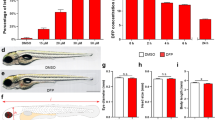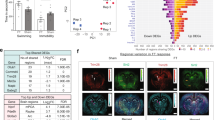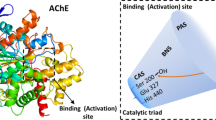Abstract
Gulf War syndrome is a chronic multi-symptom illness that has affected about a quarter of the deployed veterans of the 1991 Gulf War. Exposure to prolonged low-level organophosphate insecticides and other toxic chemicals is now thought to be responsible. Chlorpyrifos was one commonly used insecticide. The metabolite of chlorpyrifos, chlorpyrifos oxon, is a potent irreversible inhibitor of acetylcholinesterase, much like the nerve agent Sarin. To date, the target brain region(s) most susceptible to the neuroactive effects of chlorpyrifos oxon have yet to be identified. To address this we tested ability of chlorpyrifos oxon to influence neuronal excitability and induce lasting changes in the locus coeruleus, a brain region implicated in anxiety, substance use, attention and emotional response to stress. Here we used an ex vivo rodent model to identify a dramatic effect of chlorpyrifos oxon on locus coeruleus noradrenergic neuronal activity. Prolonged exposure to chlorpyrifos oxon caused acute inhibition and a lasting rebound excitatory state expressed after days of exposure and subsequent withdrawal. Our findings indicate that the locus coeruleus is a brain region vulnerable to chlorpyrifos oxon-induced neuroplastic changes possibly leading to the neurological symptoms affecting veterans of the Gulf War.
Similar content being viewed by others
Article PDF
Author information
Authors and Affiliations
Rights and permissions
About this article
Cite this article
Cao, Jl., Varnell, A. & Cooper, D. Gulf War Syndrome: A role for organophosphate induced plasticity of locus coeruleus neurons. Nat Prec (2011). https://doi.org/10.1038/npre.2011.6057.1
Received:
Accepted:
Published:
DOI: https://doi.org/10.1038/npre.2011.6057.1



